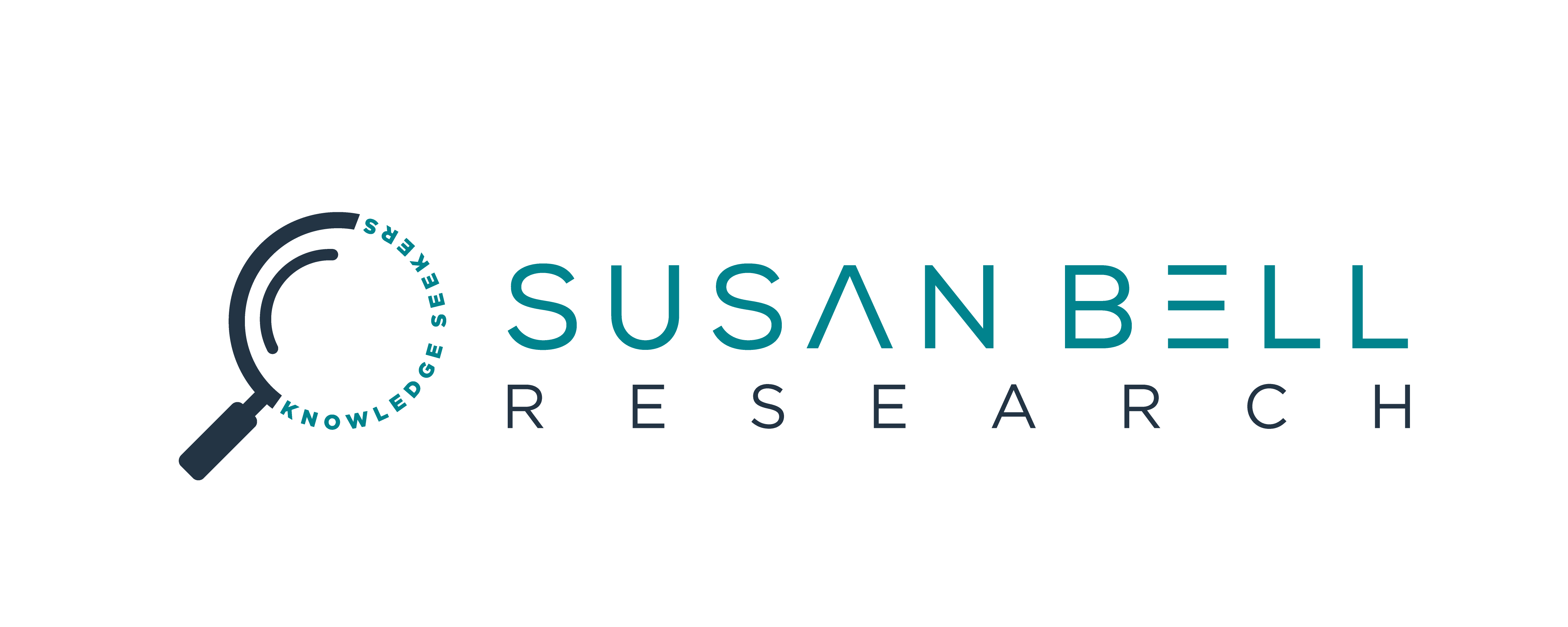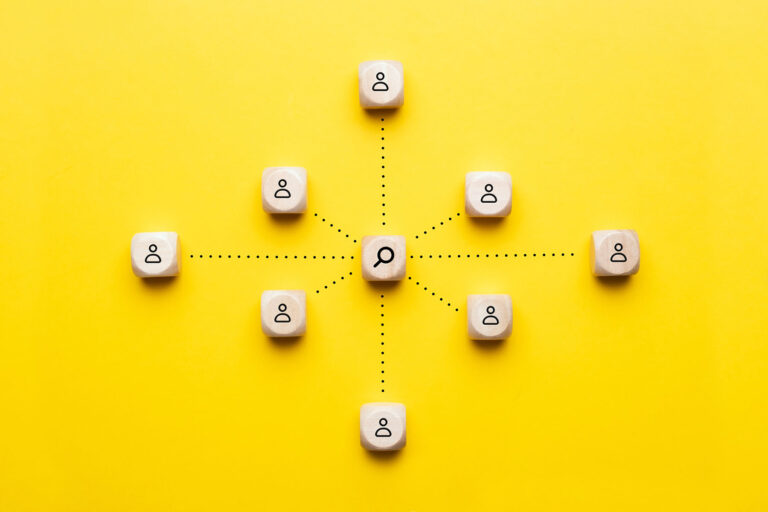Insights about upcoming retirees
In this post I summarise some recent academic work on retirement focussing on people who could retire but don’t, or who are going through the transition to retirement, and add some thoughts of my own.
Why some people who could retire don’t retire
Three reasons why some older people people stay in work
We have met many older workers in our research. They know they could retire, but they resist it, or ignore it. According to the article cited below, there are three broad reasons why they do this: doing, being and belonging.
These insights help us help our clients develop communication strategies directed at the upcoming retiree cohort. This could be depicting retirement in a positive and active way and giving upcoming retirees strategies to do meaningful work outside paid work.
Source: Urša Bratun, Eric Asaba & Joca Zurc (2022): Motives of retirement-aged workers and the importance of doing, being, becoming, and belonging: A systematic review of qualitative studies, Journal of Occupational Science, DOI: 10.1080/14427591.2022.2057574
How to help people transition to retirement
The better the transition, the better the retirement
The second part of this post summarises recent academic work on the retirement transition. The better the transition, the better the retirement, or so the data suggest. Even more importantly, the smoother the transition the more likely it is that the retiree then takes on new challenges and ideas – becomes a ‘new life builder’ as they are sometimes called. 1
This smooth transition seems to come from the ‘resources’ (like health and money) that people have before retirement. Examples of these ‘resources’ are:
Pre-retirees with low resources – such as poor health or little superannuation – are likely to struggle the most during and after retirement – and perhaps can benefit most from advice early on.
In fact this would be one way of defining a ‘cohort’ from a superannuation fund perspective.
Source: Zhan, Y., Froidevaux, A., Li, Y., Wang, M., & Shi, J. (2022, October 10). Preretirement resources and postretirement life satisfaction change trajectory: Examining the mediating role of retiree experience during retirement transition phase. Journal of Applied Psychology.
Myths and misunderstandings
What both of these studies show is that people approaching and moving through the retirement phase do not know much about the reality of retirement, so they may sometimes hold onto beliefs about retirement that are actually not true. For example, in 2023 there is much more that a healthy 70 year old can do after retirement than a 70 year old of a previous generation.
What next?
The best way to understand upcoming and transitioning retirees is for us to design some research for you. Find out more on this this page
We are unique in that we understand the retiree market from a cultural, social and individual perspective. This is valuable and unique thinking. For more contact Sue.
We also have an ebook called ‘How to talk about retirement’. It is for marketing and communications professionals. Contact Sue if you would like a copy.

We would love to hear from you, and are always happy to talk through research methods and options with you, if you are not sure what you need. Why not get in touch for a free, obligation-free, and confidential conversation.
Find out more about Susan Bell Research.






